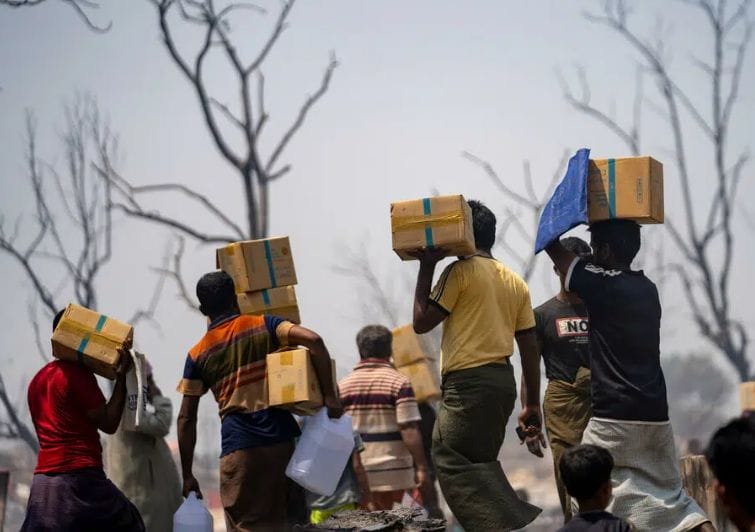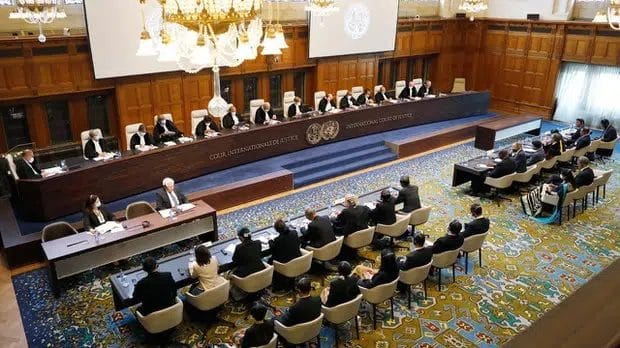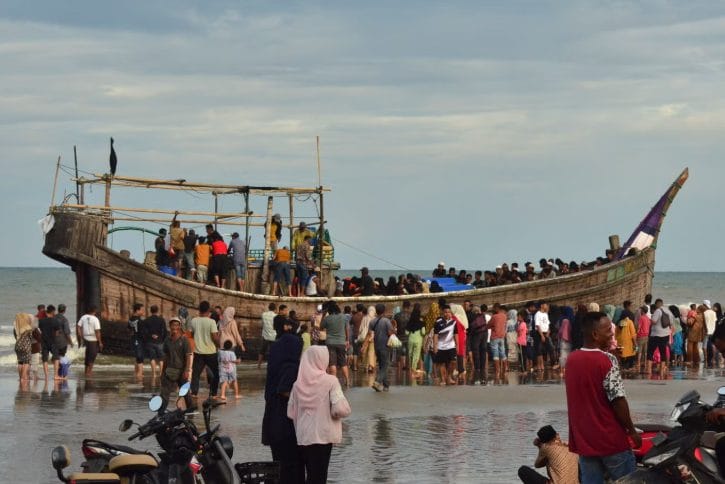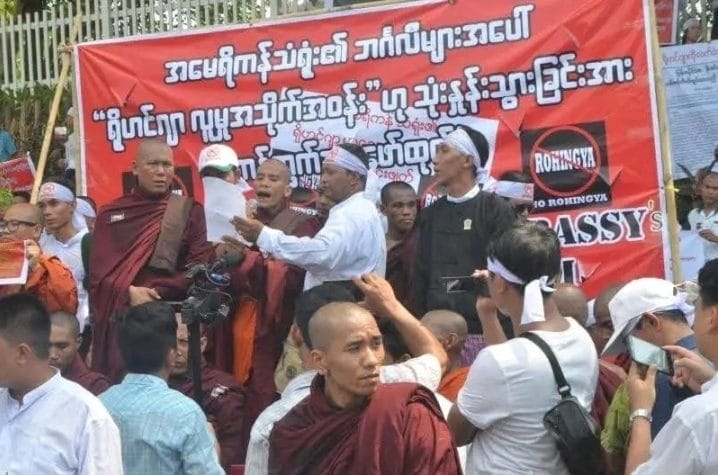Arakan News Agency
The World Food Programme (WFP) has warned that over one million Rohingya refugees in Cox’s Bazar, Bangladesh, are at risk of a severe food crisis unless $120 million in funding is secured before November 1. The agency emphasized that the funding shortfall may force it to reduce or halt food assistance, putting the lives of Rohingya refugees in grave danger.
WFP stated that cutting the current monthly food allocation—just $12 per person—could cause the percentage of households with acceptable food consumption to plummet from 69% to 23%. Households able to meet their basic needs would drop from 50% to 9%, while the proportion of vulnerable households would soar from 4% to 92%, according to the Human Cost of Funding Cuts Modeling Report (May 2025). The report is based on a survey conducted between November and December 2024, covering 4,763 households.
A reduction of just $6 in the food allowance could push an additional 480,000 people into Phase 3 of food insecurity (Crisis level) and 380,000 into Phase 4 (Emergency level). Even a cut of only $1.20 would reduce the percentage of households consuming enough iron from 6.7% to 1.5%, increasing the risk of anemia and malnutrition among children and women.
The report also noted that a $2.40 cut in food assistance would raise the proportion of vulnerable households from 4% to 38%—an increase of 34 percentage points. Each dollar of reduction could lead to a decline in food consumption by up to 17%.
“In the face of food inflation exceeding 10% monthly since April 2024 in Bangladesh, the current ration is just enough to meet nutritional needs,” the WFP added. It also indicated that only half of all households can currently meet their basic needs, while around 300,000 people suffer from inadequate food consumption.
With the ongoing conflict in Myanmar showing no signs of resolution, the number of refugees is expected to rise, further straining humanitarian resources. The WFP warned that any sudden cuts in aid could trigger further displacement, increase regional tensions, and heighten the risk of recruitment into armed groups.
WFP had already been forced to reduce food rations twice in 2023, only managing to restore them in 2024 thanks to donor support. However, without sustainable funding, operations could completely cease by November 2025 potentially pushing an additional 860,000 people into crisis or emergency levels of food insecurity.
The agency stressed that every dollar makes a difference, and continued support is crucial to protect refugees from hunger, maintain fragile regional stability, and avert a large-scale humanitarian catastrophe.
Bangladesh currently hosts over one million Rohingya refugees in the Cox’s Bazar camps—classified by the United Nations as the world’s largest refugee settlement. These refugees have lived under dire humanitarian conditions since fleeing Myanmar in 2017, following the military’s campaign of “genocide” against them. Waves of displacement have resumed since fighting reignited in Rakhine State between the Myanmar military and the Arakan Army (a separatist group) in November 2023.

















